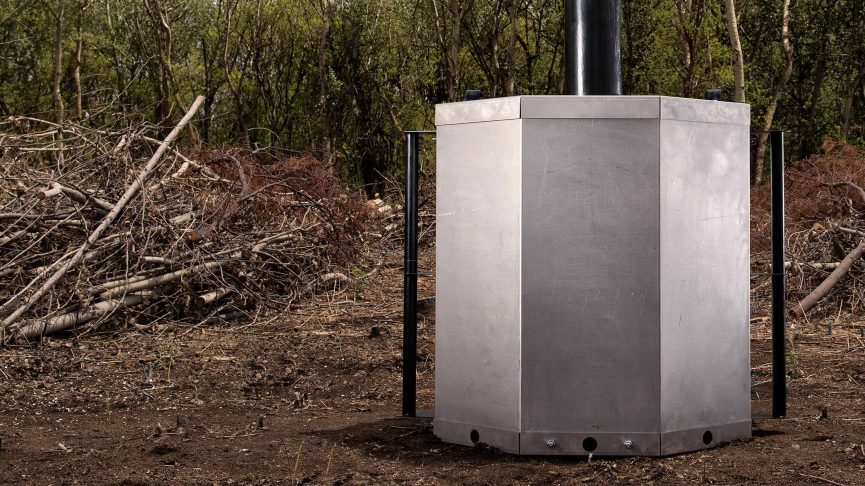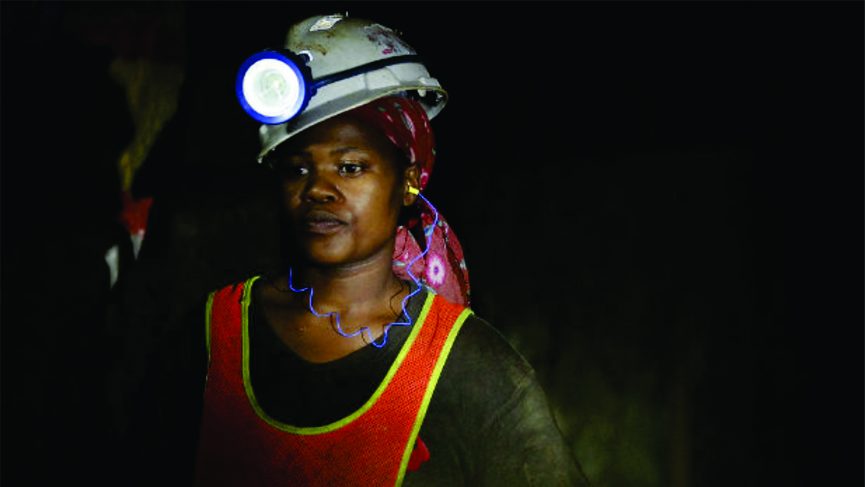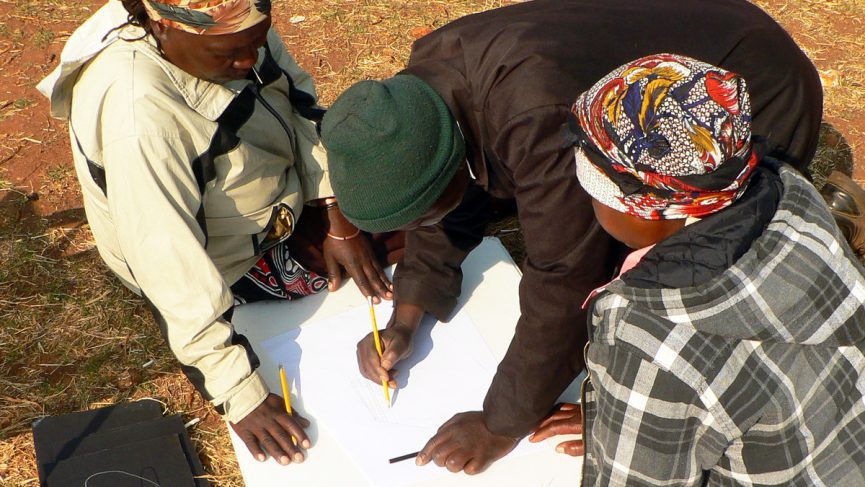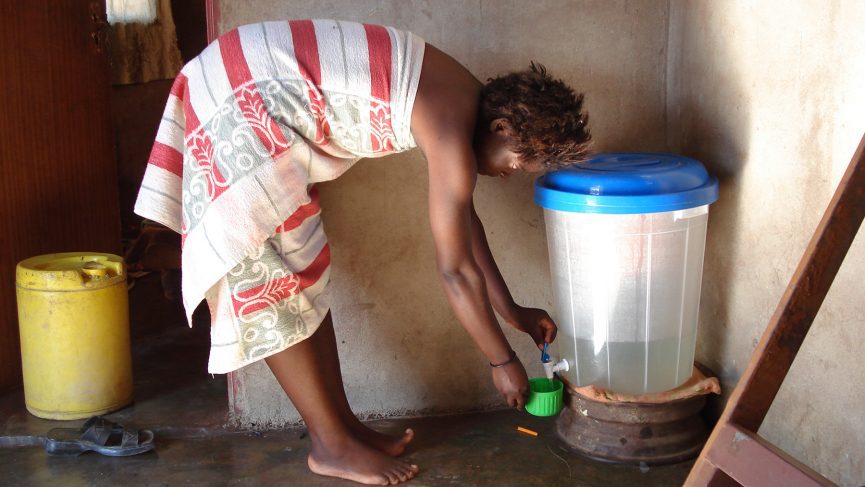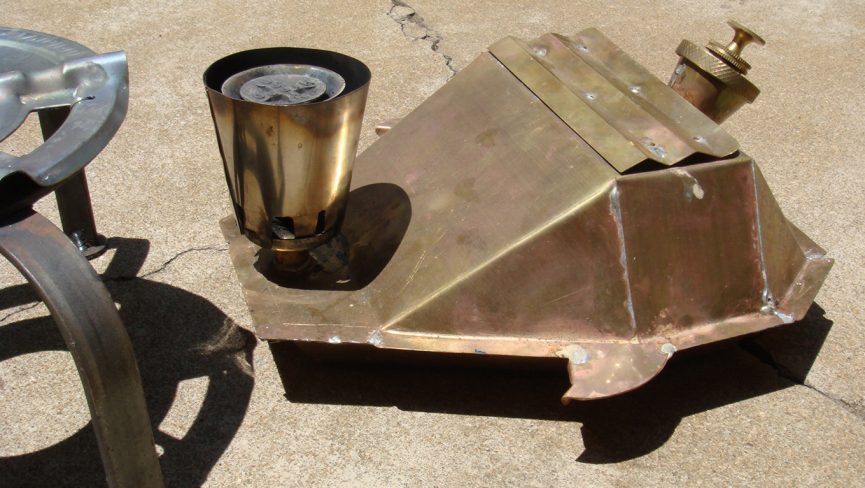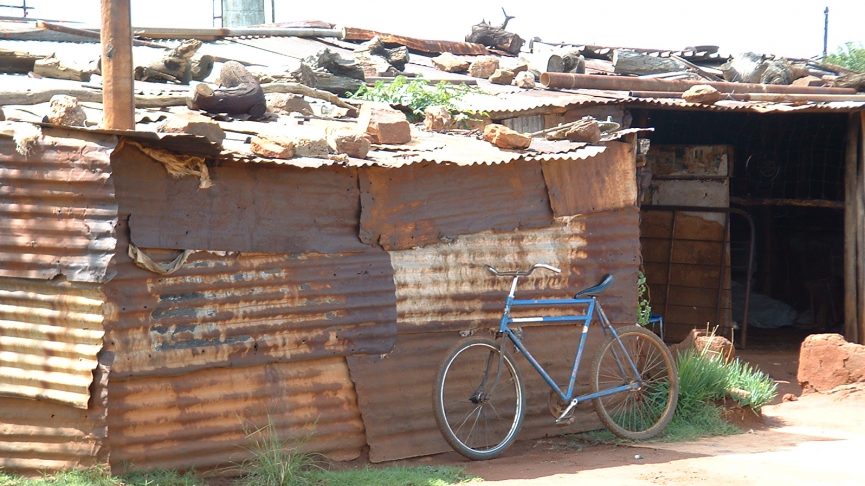2013 | Biocharger Transportable Biochar Kiln
Biocharger was the design outcome of a project focused on the design of a safe and efficient biochar production for a small business initiatives in Johannesburg, by Myles Day for a BTech Industrial Design in 2013. The project was supervised by myself and was supported by the Department of Industrial Design, UJ, Siyakhana Initiative for Ecological Health and Food Security and the Gauteng Department of Agricultural Research and Development (GDARD). Overview: The aim of this research study was to design a safe and efficient biochar production unit to be used by employees of a small business in Johannesburg, South Africa. The study also aimed to design a system of operation for the business which could improve access to biochar for the urban farming community of Johannesburg. The design of the biochar production unit, and the system of operation for the small business, were informed by qualitative data obtained from field research ... Read More
